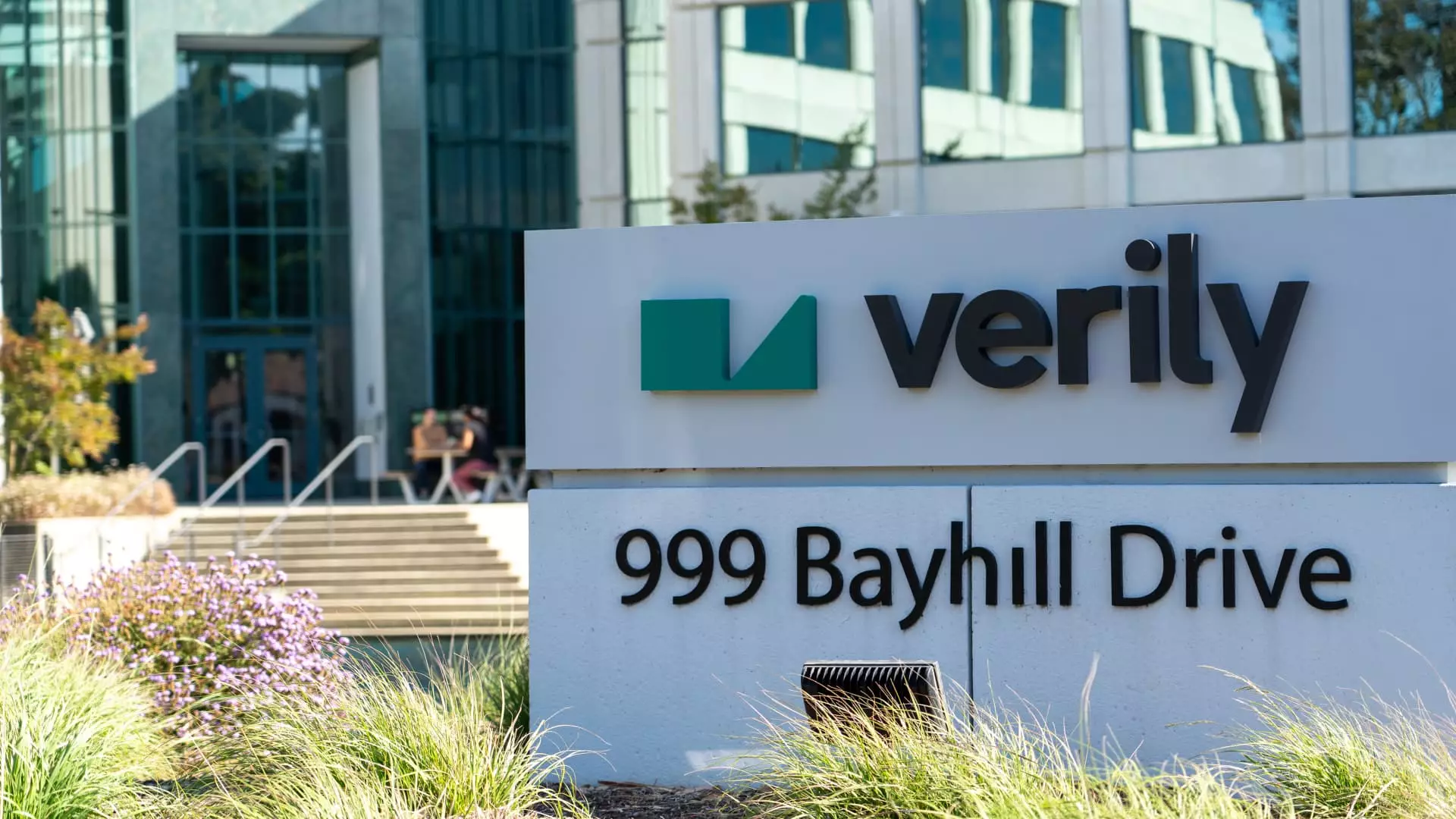Verily, a prominent entity within the Alphabet family, has recently made headlines by confirming the sale of its stop-loss insurance subsidiary, Granular Insurance Company, to Elevance Health. This transition marks another significant pivot for the company as it attempts to redefine its role in the health tech arena. Operating under Alphabet’s “Other Bets” category, Verily has undergone a tumultuous journey characterized by workforce reductions, business restructuring, and leadership changes. The decision to sell Granular not only reflects the company’s changing strategic aims but also raises pressing questions about its long-term vision.
Originally launched in 2020 with financial support from the Swiss Re Group, Granular began as Coefficient Insurance Company. It specialized in providing medical stop-loss insurance and other related solutions to self-funded employers. Verily’s ambitious aim to utilize proprietary technology for these services was part of a broader strategy to gain a foothold in the complex insurance landscape. However, as Verily prepares to divest this segment, it highlights the company’s ongoing difficulty in consolidating its efforts into a cohesive business model.
Despite successfully raising over $1 billion and attracting high-profile talent—such as Myoung Cha, formerly of Apple, and Andrew Trister, a founding member of Apple’s health initiative—Verily’s journey has not been without setbacks. The challenges inherent in integrating tech solutions with traditional healthcare frameworks have proven daunting.
Verily’s attempt to find a stable niche since its inception in 2015 has seen it oscillate between multiple health tech domains. From developing innovative hardware, like glucose monitors, to pivoting toward pandemic response during COVID-19, the array of strategies employed to capture market interests has been extensive. This instability can be attributed to the rapidly evolving health landscape that requires not just innovation but also adaptability and sustained focus—qualities that Verily has yet to master.
The introduction of Lightpath, an AI-driven chronic care solution aimed at metabolic health, indicates a current effort to forge a more definitive path. Yet, the departure from insurance signifies a recognition that managing complex healthcare insurance models may not align with its core capabilities.
The sale of Granular to Elevance Health may ultimately serve as a strategic retreat, suggesting that Verily is refocusing its energies on more promising ventures. Moving forward, Verily must navigate the delicate balance between leveraging technology and establishing fruitful partnerships within the healthcare ecosystem. The evolution of the company raises critical questions about adaptability, strategic clarity, and sustainability in a fiercely competitive industry.
Verily’s decision to exit the insurance market underscores the fluid and unpredictable nature of healthcare innovation. While the divestment may pave the way for more cohesive efforts in its existing health tech initiatives, it simultaneously elicits skepticism about the company’s ability to consistently define and succeed in its mission. By acknowledging its recent missteps and recalibrating its focus, Verily has the opportunity to reclaim its position as a leader in the ever-evolving world of health technology.


Leave a Reply
You must be logged in to post a comment.